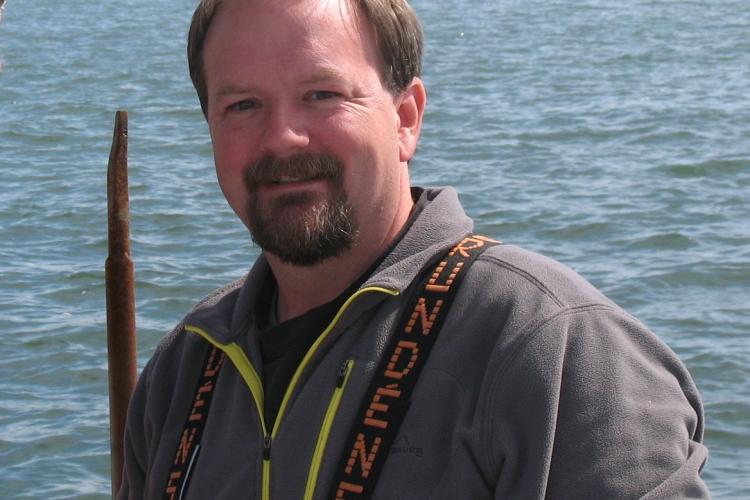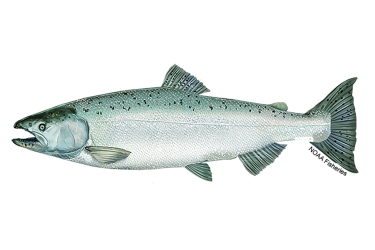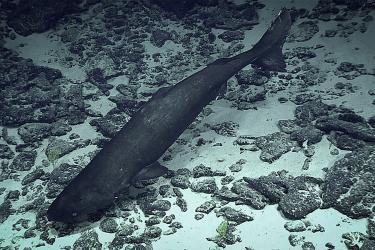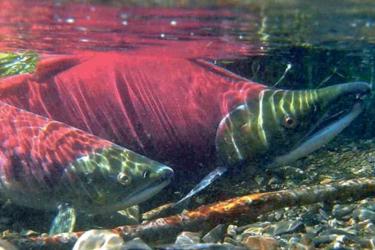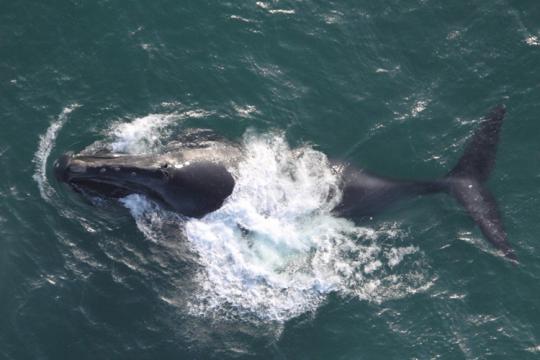NOAA Fisheries is pleased to announce the appointment of Dr. Thomas Hurst as the new program manager for the Alaska Fisheries Science Center's Fisheries Behavioral Ecology Program.
Hurst is a Research Fisheries Biologist with the NOAA Fisheries' Alaska Fisheries Science Center in the Fisheries Behavioral Ecology Program located at Oregon State University’s Hatfield Marine Science Center in Newport, OR. He earned a B.S. in Wildlife and Fisheries Biology from the University of Massachusetts in Amherst. Graduate studies (M.S. and Ph.D.) on the recruitment and ecology of overwintering Hudson River striped bass were done at Stony Brook University in New York under the direction of Dr. David Conover. He joined the Alaska Fisheries Science Center in 2002.
Hurst's research blends field studies and laboratory experimentation to examine the environmental ecology of early life stages of marine species. Much of this work focuses on the pervasive influence of temperature variation on the physiology and ecology of fish including behavior, habitat selection, growth energetics, and larval ecology.
Recent areas of research include characterizing dispersal patterns of Pacific cod, biochemical characterization of growth dynamics in Pacific halibut, and the potential impacts of ocean acidification on fish of the Bering Sea and Gulf of Alaska. Hurst serves as the Alaska Fisheries Science Center's representative on NOAA’s Ocean Acidification Working Group. He also holds an appointment as a Courtesy Assistant Professor in the Department of Fisheries and Wildlife at Oregon State University.
